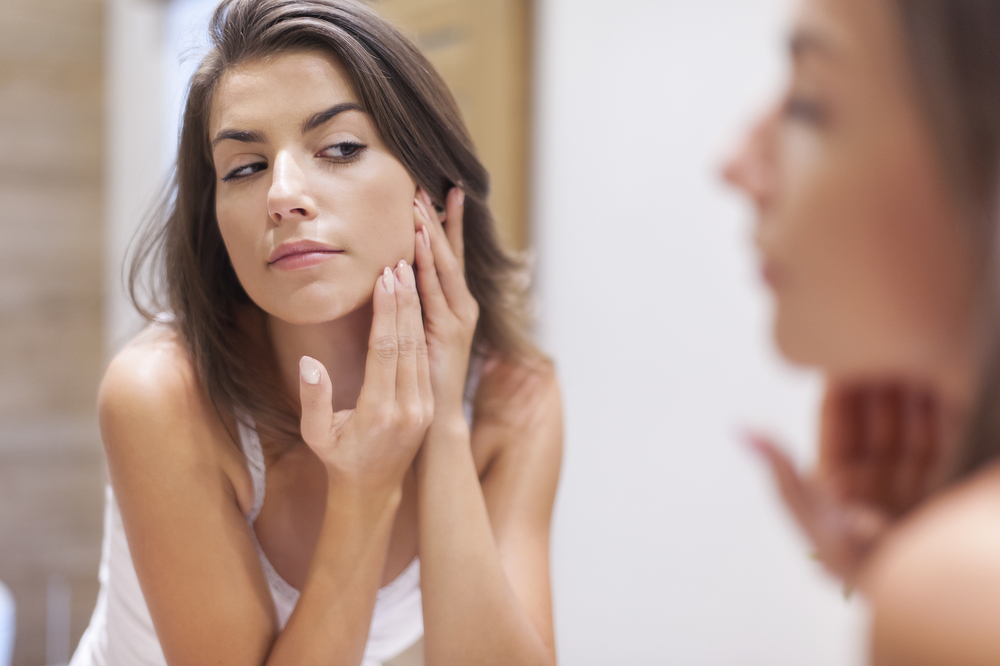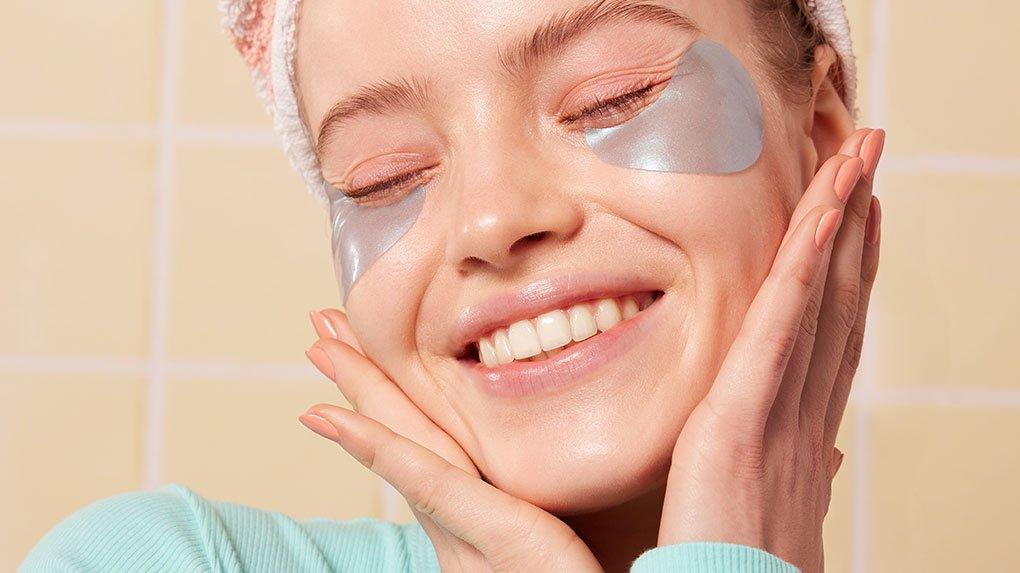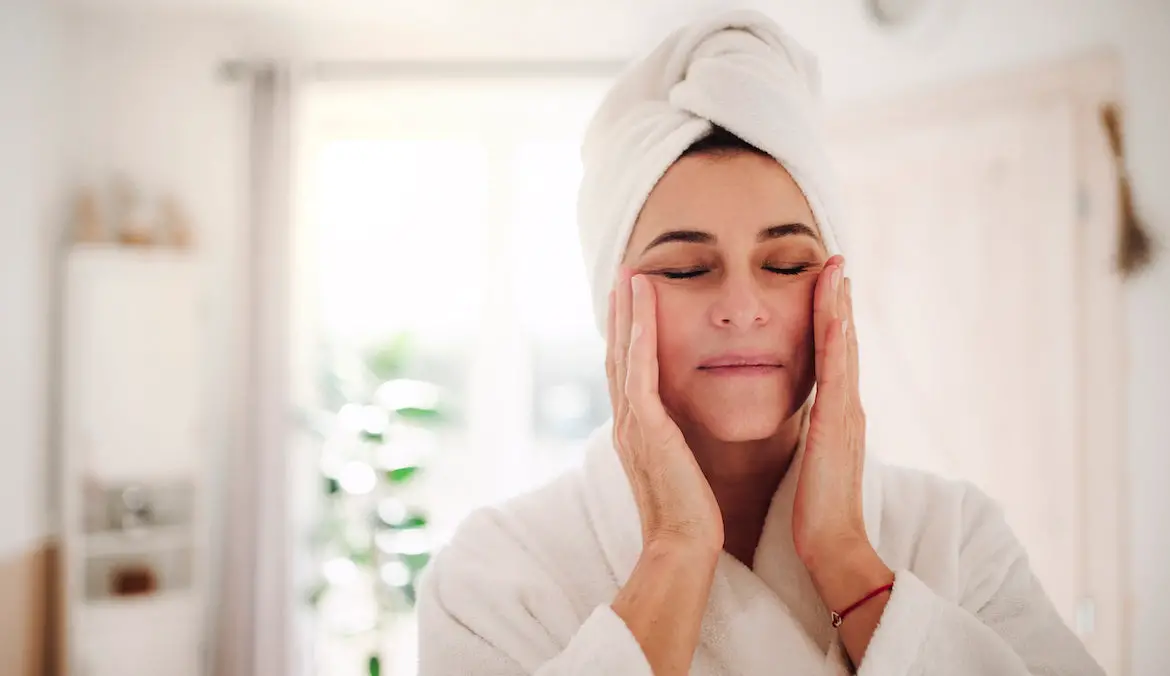How to Treat Peeling Skin: Essential Tips and Techniques
Every beautician knows the distress a client feels when they come in with peeling skin. It's an issue that not only affects the skin's appearance but can also indicate underlying health problems or skin conditions. Understanding how to treat peeling skin effectively is essential for providing clients with the best care and advice possible.
Peeling skin can result from a variety of factors such as sunburn, dry weather, irritation from skincare products, or more serious skin conditions like eczema or psoriasis. As a beauty professional, it's crucial to identify the root cause to recommend the most appropriate treatment plan.

Understanding the Causes
Environmental Factors
The environment plays a significant role in skin health. Exposure to harsh weather conditions, such as extreme cold or sun, can lead to skin peeling. Dry air, often exacerbated by indoor heating during the winter months, can strip the skin of its natural oils, leading to dryness and peeling.
Product Irritation
Clients often experiment with new skincare products without understanding their skin type, which can lead to irritation and peeling. It's essential to educate clients on choosing products that suit their skin type, especially if they have sensitive skin. For instance, ingredients like retinoids and alpha hydroxy acids, while effective, can cause peeling if not used correctly.
Skincare Routine Missteps
Sometimes, skincare routine missteps can lead to peeling. Over-exfoliating or using harsh cleansers can damage the skin barrier, leading to peeling. It's important to guide clients on how to balance their routines and incorporate hydrating products to maintain healthy skin.
Treatment Techniques
Moisturizing is Key
The first step in treating peeling skin is ensuring it stays moisturized. Recommend a rich, soothing moisturizer that can replenish the skin's natural oils. Products containing ceramides, hyaluronic acid, or aloe vera are excellent for hydrating the skin and preventing further peeling.
Gentle Exfoliation
While exfoliation can help remove dead skin cells, it's crucial to approach this step gently. Recommend a gentle exfoliator to your clients that can be used once or twice a week to avoid over-exfoliating, which can worsen the peeling.
Sun Protection
Sunburn is a common cause of peeling skin, so it's vital to emphasize the importance of sunscreen. Clients should use a broad-spectrum SPF of at least 30 daily, even on cloudy days, to protect their skin from harmful UV rays.
Hydration and Nutrition
Encourage clients to keep their skin hydrated from the inside out by drinking plenty of water. Additionally, a balanced diet rich in vitamins and minerals can support skin health. Foods high in omega-3 fatty acids, like salmon, and antioxidants, like berries, can improve skin texture and reduce peeling.
When to Seek Professional Help
If a client's peeling skin persists despite following these tips, it may be time to refer them to a dermatologist. Persistent peeling can be a sign of a more serious skin condition that requires medical intervention.
Incorporating these practices into your client consultations can significantly improve their skin's health and appearance. For more detailed skincare tips, consider exploring articles on vanicream for sensitive skin or learning about ceramides in skincare.
Conclusion
Understanding how to treat peeling skin is an invaluable skill for beauticians. By identifying the cause and implementing the right treatments, you can help your clients achieve healthier, more resilient skin. For more on skincare routines, check out this guide to building a skincare routine.

FAQs
Can peeling skin be prevented?
Yes, by maintaining a consistent skincare routine, using suitable products, and protecting the skin from environmental factors, peeling skin can often be prevented.
What are the best ingredients for treating peeling skin?
Ingredients like ceramides, hyaluronic acid, and aloe vera are excellent for treating peeling skin as they help restore moisture and repair the skin barrier.
Is exfoliation bad for peeling skin?
Exfoliation can be beneficial for peeling skin if done gently. Over-exfoliating can exacerbate the condition, so it's best to use a mild exfoliator and limit its use to once or twice a week.
This article contains affiliate links. We may earn a commission at no extra cost to you.

